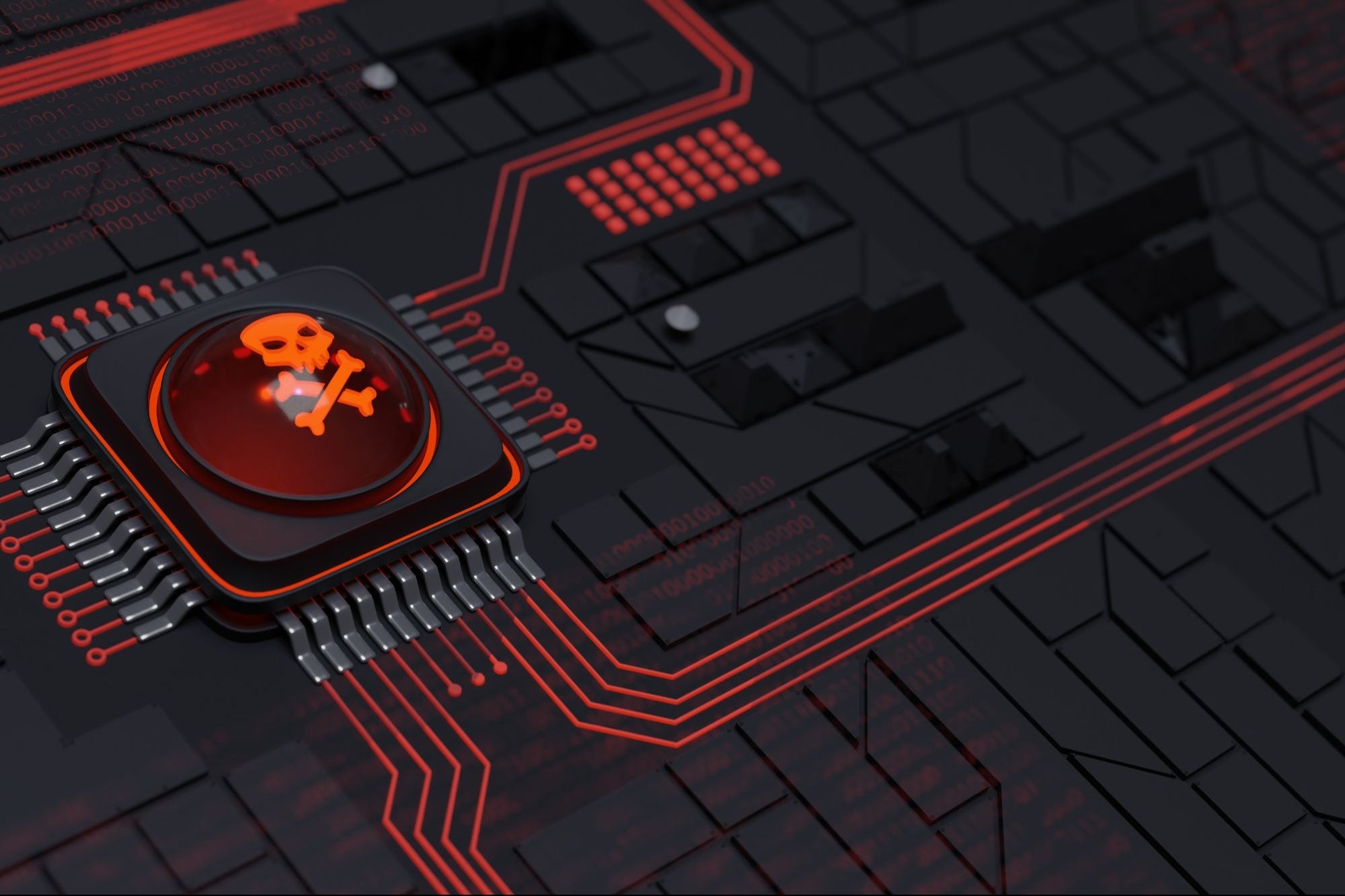Why India Must Accelerate Post-Quantum Cybersecurity Now The basic issue is that even if you have one quantum computer capable of breaking cryptography, then everybody else is at risk, says S Krishnan, Secretary, Ministry of Electronics and Information Technology
You're reading BIZ Experiences India, an international franchise of BIZ Experiences Media.

For decades, encryption has formed the backbone of digital security. Financial transactions, health records, communication apps, digital certificates, and even blockchain systems rely on encryption keys that would take traditional systems years to crack. But quantum computing flips that timeline.
"The way our current encryption works is based on keys that are computationally hard to break, it would take traditional systems days or even years to crack them. But with the arrival of quantum computing, all of that changes," explained Nikesh Arora, Chairman and CEO of cybersecurity firm Palo Alto Networks, during a podcast conversation. "Quantum systems, with their exponentially greater processing power, could break those encryption keys in just seconds or minutes. That's why there's a very real concern that once quantum becomes viable, it will render all existing encrypted data vulnerable and easily readable."
This vulnerability opens the door to a host of cybersecurity risks, including the much-feared "harvest now, decrypt later" strategy, where malicious actors collect encrypted data today in hopes of cracking it with quantum tools tomorrow. Such tactics could jeopardise everything from banking and healthcare to defence and digital identity.
India's urgency for quantum-resilient security
A recent whitepaper on Quantum Cyber Readiness by CERT-In and cybersecurity firm SISA warned that nation-states and sophisticated threat actors are already stockpiling encrypted data, anticipating future decryption capabilities.
"The basic issue is that even if you have one quantum computer capable of breaking cryptography, then everybody else is at risk," said S Krishnan, Secretary, Ministry of Electronics and Information Technology (MeitY).
He emphasised the need for proactive development of post-quantum cryptographic (PQC) standards. "Even in a classical computing world, we must begin implementing cryptographic systems that can withstand quantum attacks. Everyone who uses computers must adopt tools that protect data and communications against this future threat."
Krishnan also stressed the strategic importance of self-reliance in this domain. "There has to be greater awareness of making sure we pay adequate attention to this space, so that capacity is developed within the country. This is one space where we cannot depend on anybody else, we must have fully homegrown solutions, both hardware and software."
Recognising the strategic and economic importance of quantum technologies, the Government of India launched the National Quantum Mission (NQM) on April 19, 2023, with a budget outlay of INR 6,003.65 crore for the period 2023–24 to 2030–31. The mission aims to seed, nurture, and scale up R&D in quantum technology and create a vibrant, indigenous ecosystem that supports both scientific and industrial growth.
India's quantum ambitions are timely. The global quantum computing market, valued at USD 885.4 million in 2023, is expected to grow from USD 1,160.1 million in 2024 to USD 12,620.7 million by 2032, at a Compound Annual Growth Rate (CAGR) of 34.8 per cent during the forecast period. Meanwhile, India's market stands at USD 68.7 million in 2024 and is projected to reach USD 231.8 million by 2030, growing at a CAGR of 22.9 per cent from 2025 to 2030, driven by increased government's push, and startup innovation.













